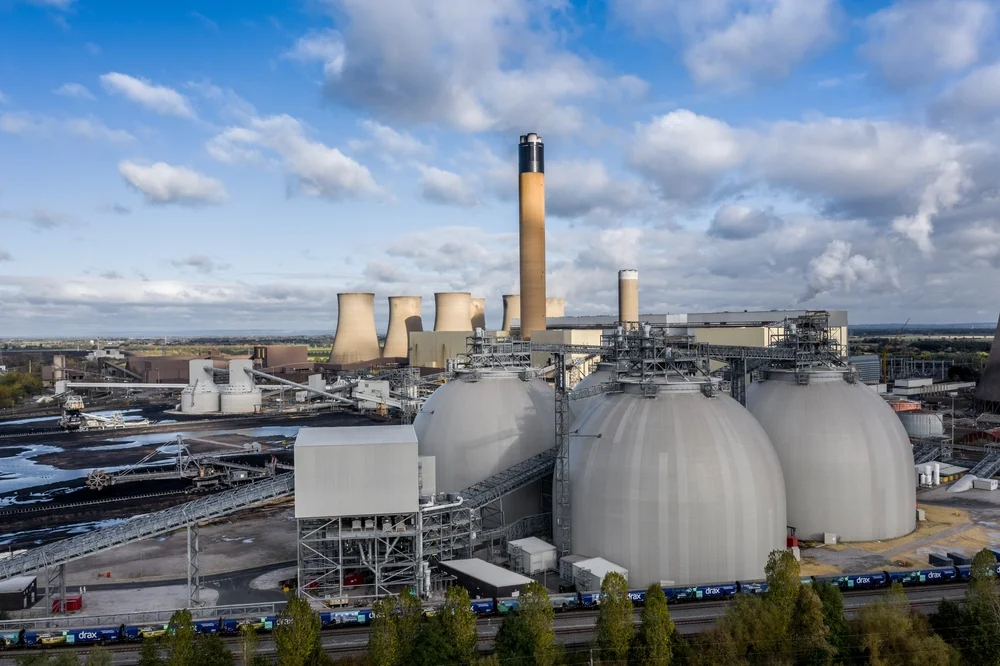Japan’s Ministry of Industry has announced a long-term roadmap for carbon capture and storage (CCS) with a target of an annual carbon dioxide (CO2) storage capacity of 6-12 million tonnes by 2030.
The CCS technology removes CO2 emissions from the atmosphere and stores them underground, and the Japanese say that they see it as essential to achieving its goal of carbon neutrality by 2050 while a host of Japanese companies said they were already working on it.
According to the ministry’s estimate, Japan will store 120-240 million tonnes of CO2 a year in 2050 by increasing annual CO2 storage by 6-12 million tonnes every year from 2030. Japan also aims to dramatically cut CO2 separation and recovery costs.
Read also: Study says Human activity and drought ‘degrading more than a third of Amazon rainforest’
In a document agreed upon by a panel of energy experts on Thursday, the ministry wants to put legislative frameworks in place to allow companies to launch full-scale CCS operations from 2030.
To accelerate preparations for the commercialization of domestic CCS, a joint venture will be formed by Japan’s biggest oil refiner Eneos, JX Nippon Oil & Gas Exploration, and Electric Power Development, it was said on Thursday, adding they aim to implement the country’s first full-scale CCS supply chain by 2030.
Itochu, Mitsubishi Heavy Industries, Inpex and Taisei also said they will study options for a large-scale CCS value chain, including ship transportation of CO2 emitted from materials and other industries.
Idemitsu Kosan, Hokkaido Electric Power and Japan Petroleum Exploration will also start a joint study for implementing carbon capture, they said.
Story was adapted from Reuters.
